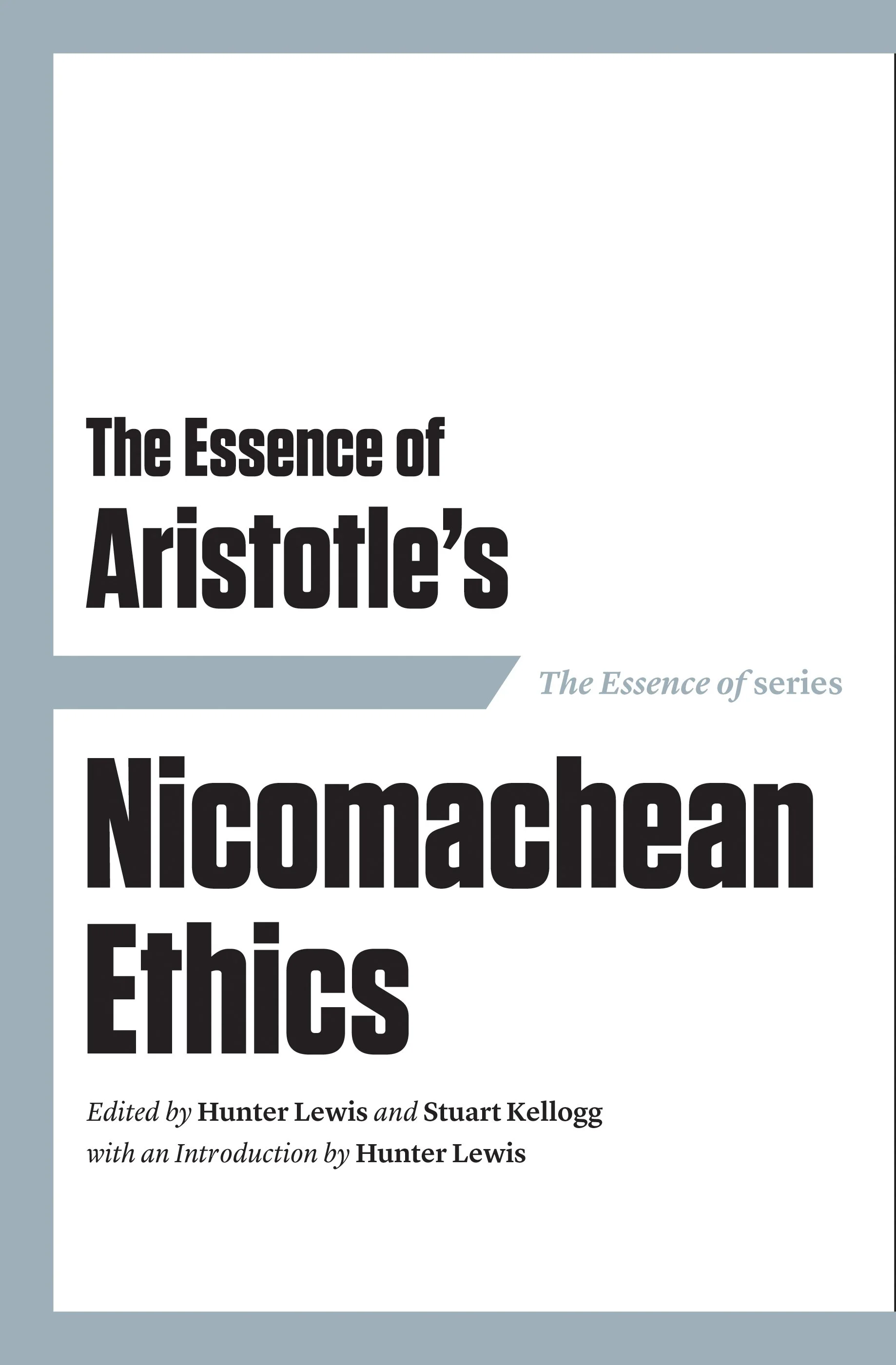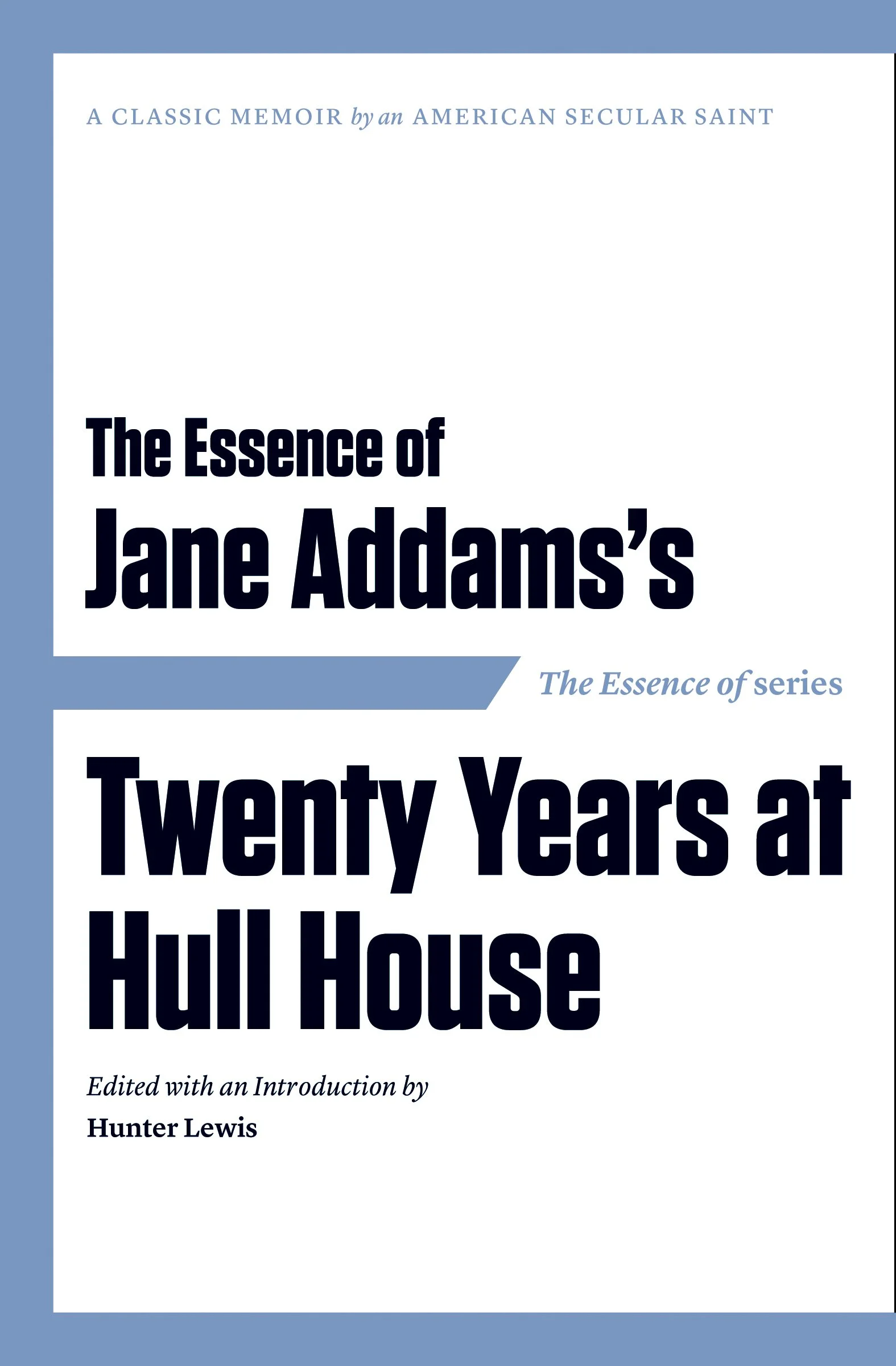The Essence of Spinoza’s Ethics
Edited with an Introduction by Hunter Lewis
ISBN: 978-1-60419-056-4
eISBN: 978-1-60419-059-5
This new edition makes Spinoza’s own words understandable by everyone. Spinoza’s philosophy inspired luminaries like Einstein and Goethe, who praised his serenity and profound insights on love, God, and contentment.
The Essence of series
Available From:
Overview
Baruch Spinoza (1632–1677) is regarded as one of the very greatest of the Western philosophers. A Jewish lens grinder, he was expelled from his synagogue, never married, and lived as a boarder, supporting himself with daily work while corresponding with the great minds of Europe. Deliberately rejecting wealth, pleasure, and fame, he found complete contentment in developing a deductive logic that underlay both his view of the world and his famous ethics.
Einstein said: “I believe in Spinoza’s God.” The great German author Goethe said: “[In] the Ethics of this man…, I found the serenity to calm my passions….That wonderful sentence ‘he who truly loves God must not desire God to love him in return’… filled my whole subsequent thought.”
This new edition makes Spinoza’s own words understandable by everyone.
—
Axios Press’s Essence of . . . series takes the greatest works ever written in the field of practical philosophy and pares them down to their essence. We select the best passages—the ones that are immediately relevant to us today, full of timeless wisdom and advice about the world and how best to live our lives—and leave behind the more obscure or less important bits. Our selections are not isolated: they flow together to create a seamless work that will capture your interest and attention from page one. And we provide useful notes and a solid introduction to the work.
-
Introduction: Baruch de Spinoza (1632–1677)
Book One: On the Improvement of the Understanding
Book Two: The Ethics
Part A: God
Part B: Mind and Emotion
Part C: The Power of Reason (Gaining Human Freedom)
Appendix A: God
Part I: Concerning God
Appendix B: Mind and Emotion
Part II: Of the Nature and Origin of the Mind
Part III: On the Origin and Nature of the Emotions
Part IV: Of Human Bondage, or the Strength of the Emotions
Appendix C: The Power of Reason (Gaining Human Freedom)
Part V: On the Power of the Understanding, or of Human Freedom
Book Three: Letters
Index
-
ISBN-13: 9781604190564
Publication date: 08/16/2012
Pages: 219
Product dimensions: 5.20(w) x 7.90(h) x 0.60(d)
-
Uncut Text: Read the complete public domain versions showing deletions and additions:
On the Improvement of Understanding; The Ethics, Correspondence
See a complete list of all of Spinoza’s Propositions, Notes, Corollaries, Definitions, Axioms, and Postulates referenced but not included in this book.
Related Reading
About the Author
Baruch Spinoza
Baruch Spinoza (1632–1677) was born in Amsterdam of Jewish parents who were refugees from the Spanish Inquisition. Of all the philosophers of the 17th century, perhaps none have more relevance today than Spinoza.
About the Editor
Hunter Lewis
Hunter Lewis, co-founder of global investment firm Cambridge Associates, has written eleven books on economics and moral philosophy. He has served on boards and committees of fifteen leading not-for-profit organizations, including environmental, teaching, research, and cultural organizations, as well as the World Bank.








